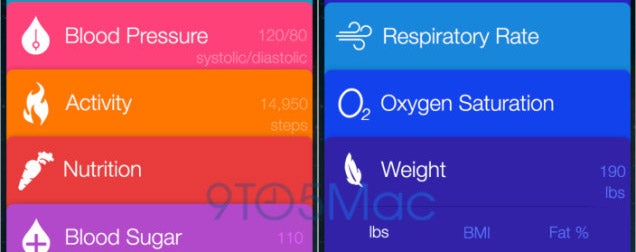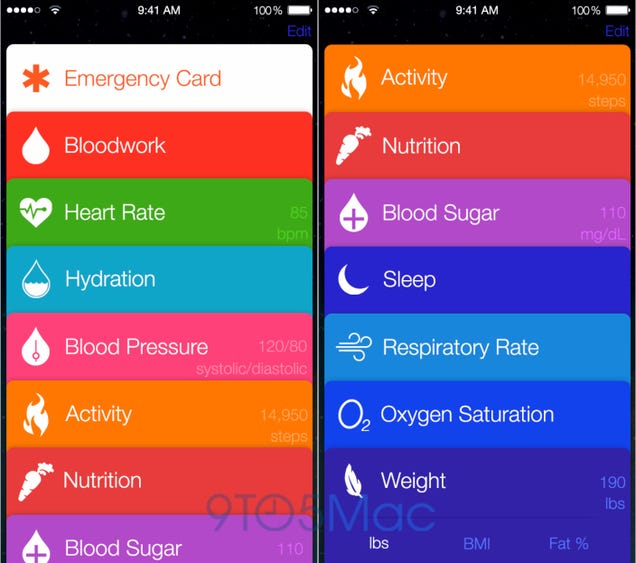Frameworks can be nice. They provide a mechanism for taking something that "makes sense" and framing it in terms that make it easy to discuss, digest, and drive forward with. This article will describe a framework for managing one important aspect of employee relationships: the "Let Down."
The Let Down
The Let Down is the opposite of the "Atta-boy" (non-gender-specific). It is the negative mix of emotions that comes between two parties when something has gone awry. It's that feeling you have when you don't get that promotion; similar to the feeling you may have when you don't give that promotion; the feeling of quotas not being met, of goals being unachieved, or of milestones that never pass. The Let Down knows no bias - it can interfere with any relationship regardless of the parties involved. Besides affecting anybody, it also can react with our emotional chemistry in different ways. For some, it may lead to anger or frustration, for others, sadness or discouragement. The only common theme is that the Let Down is, well... a let-down!
So how do you deal with the Let Down? How to you manage the situation when this happens in a professional environment? A simple framework can provide insights to better understand the problem and address it when it comes about.
What Causes the Let Down?
To begin, we need to understand the causes. The Let Down has two basic origins: unmet expectations or unfulfilled hopes. One of these origins can be constructive, while the other can be devastating. Both, however, can be managed to maximize the benefit or reduce the severity. Let's quickly dive into both.
Expectations are those things that should just happen. They aren't "top of mind" because they should just be there - like air, or the rising sun. We don't typically stop to analyze expectations because they simply exist and we rely on them for the fruits and results that they naturally bring. What happens when expectations aren't met? The results can be astoundingly frictional. What if the sun simply didn't rise? Perhaps we would feel shock; perhaps it would completely interrupt every other aspect of life; maybe we would feel anger, fear, disgust, contempt, suspicion, or panic.
Hope, on the other hand, is something we look forward to. Hopes are things that we do think about; they are considered with fondness - like good weather, a job promotion, or world peace. We may plan for our hopes to come about, but may also plan contingencies. We think about them, plan around them, and perhaps even put in some physical, mental, or emotional resources to support them. What happens when hopes aren't realized? What if we are passed over on that job promotion? We may feel disappointed; we may stew over it for a while; we may work on contingencies; and under the right conditions, we may feel fueled to work even harder to bring about those hoped-for things in the future.
So what is the basic difference? Perspective. Unmet expectations are earth-shattering because they come out-of-the-blue (by definition, we weren't expecting a failure). Hopes, on the other hand, have a degree of uncertainty and we understand that there may be failures and can plan accordingly.
The Let Down and Relationships
How does the Let Down affect relationships? That depends on the type. Let's look at an example in personal life. What if your significant other had agreed to meet you at a specific time and location for a delightful evening together, but then simply didn't show up. How would you feel? Reflect on some of the emotions described in our previous paragraph on expectations. You might feel anger, frustration, fear, panic, suspicion, contempt, etc. What if, on the other hand, your significant other had told you up front that he/she may not be able to make it, that they might be late, or simply unavailable. In this case, you might feel disappointed and you might move forward with "plan b" - having known that such a situation could arise.
The first example was an unmet expectation while the second was an unfulfilled hope. This same situation could play out in the office place. Consider an assignment that was given to an employee that has come due. What if the employee doesn't complete the assignment - if it simply doesn't happen? The feelings, while more "professional", will be very much like those described in the unmet expectations because that is precisely what it is. On the other hand, what if you made a request for a co-worker to assist with something and they agreed to help once they met a deadline they were under, but failed because their project took longer than expected? This situation would be much more like an unfulfilled hope.
What can make the Let Down even more destructive to a relationship is when the Let Down is of type "expectation" but only one party was aware that the expectation even existed! This may sound ridiculous, but is the cause of many broken relationships both personal and professional. For example, what if you express to a loved-one that you have had a terrible day, expecting that they will listen and offer consolation, but instead, they cut you off abruptly and tell you that they have "their own problems to deal with." You may become angry and express frustration that they "never listen" only to be rebutted with a comment that you are actually the one who never listens. Both parties were expecting something of the other individual, and when it didn't happen, it completely tilted the axis of the moment. Things can quickly go into upheaval and escalate into something ugly.
In the professional world, have you ever run into an "unspoken rule"? Maybe casual Friday really isn't as casual as the handbook says? Perhaps leaving the office before your boss is taboo? When an employee consistently breaks these unspoken rules, it can often pave the way to termination (though they may not be cited in the exit interview). Unfortunately, not everybody is as good at picking up on unspoken rules (expectations) as others.
Alternatively, Let Downs that are unfulfilled hopes can actually be leveraged to fuel something constructive. In the case of the argument described previously, what if the conversation had started with sincere hope, rather than an expectation? What if you were hoping to have a listening ear, rather than expecting it? Instead, you might start off by telling your loved one that you've had a bad day and ask if they have a moment to be a listening ear. In this case, they will either say yes and listen, or they'll say no and begin talking about their own bad experiences. Either way, you knew going in that there might be a chance that your complaints may go unheard, so you might either find somebody else or may even take the opportunity to be a listening ear for your loved-one, deepening a relationship and perhaps being able to offer strengthening help for their situation.
Managing the Let Down
So how do we manage the Let Down to minimize any damage and maximize potential benefit? Finally, we arrive at the framework!
The Figure below (the "LET DOWN FRAMEWORK") demonstrates a basic decision tree that you can follow when you recognize that you are being let-down either professionally or personally.
Begin by identifying the type: is this an unmet expectation or an unfulfilled hope? If you identify it as an unfulfilled hope, you have two choices that can lead to an optimized outcome. The first is to execute on a pre-planned or impromptu contingency plan ("plan B"). The second would be to "refuel" your fire and try again, or find some way of learning from the experience to ignite the energy to move forward.
If you identify the situation as an unmet expectation, you are now faced with another classification task - to identify the responsible-party's reactionary emotion. This is critical because it can help you understand whether this situation is resulting from a communication problem or a relationship/behavioral problem. The two key emotions to watch for are: shock vs. shame. There are many variations on these two themes, but you should try to identify if the reaction from the responsible party is based on a feeling of shock (e.g. defensiveness, guilt, etc.) or shame (deceit, cover-up, etc.).
This can be a bit tricky as guilt (which can lead to healthier outcomes) can be easily confused with shame. As a quick primer on the differences, guilt stems from a feeling of responsibility (which can lead to an intent to improve) whereas shame stems from an awareness of something inappropriate or dishonorable. If the responsible party was aware of their error and aware of the improper behavior, this would be "shame." If they were caught off-guard, or unaware of the expectation, then this would be "shock." Again, this can be difficult to identify, as emotions tend to escalate quickly and change rapidly. However, identifying this correctly is critical, as the resulting actions will be quite different.
In the case of "shock," the best course of action is to improve communication. Easier said than done, but there are many references (e.g. books, articles, etc.) that can help understand how to improve communication in both professional and personal settings. Start by simply addressing the situation honestly and expressing the expectation. Understanding that the other party was unaware of the expectation can relieve quite a bit of the conflict as it humanizes the situation and encourages empathy.
In the case of "shame," it is time to re-evaluate the relationship. If the responsible party is knowingly and consciously doing things that go against any agreed upon expectations, this is a sign that the relationship may be in severe danger. In a professional setting, it may be time to begin the termination process. If personal, it may be time to end the relationship or seek professional counseling. Notice that "agreed upon" was emphasized. Especially in personal relationships, two parties need to agree on expectations. Nobody likes to be forced into personal agreements or expectations. In a professional environment, a well-run organization will document or at least define expectations. By default of employment, the employee is then agreeing to these things by accepting or remaining in the job.
The LET DOWN FRAMEWORK can be a quick and powerful way to improve relationships and identify unhealthy ones early-on. The next time you find yourself feeling let-down, pull out this diagram and give it a try. You may be amazed at how quickly you can identify optimal approaches for handling the situation.

 \
\




 I was with a client today,at a point in the conservation I mentioned that Hapaweb is an authorized Google Apps Business reseller and all of a sudden he looked me straight in the eye and asked, why should I choose Google over Office 365? Here’s my answer.
I was with a client today,at a point in the conservation I mentioned that Hapaweb is an authorized Google Apps Business reseller and all of a sudden he looked me straight in the eye and asked, why should I choose Google over Office 365? Here’s my answer.













 In a previous post, I wrote about
In a previous post, I wrote about 



